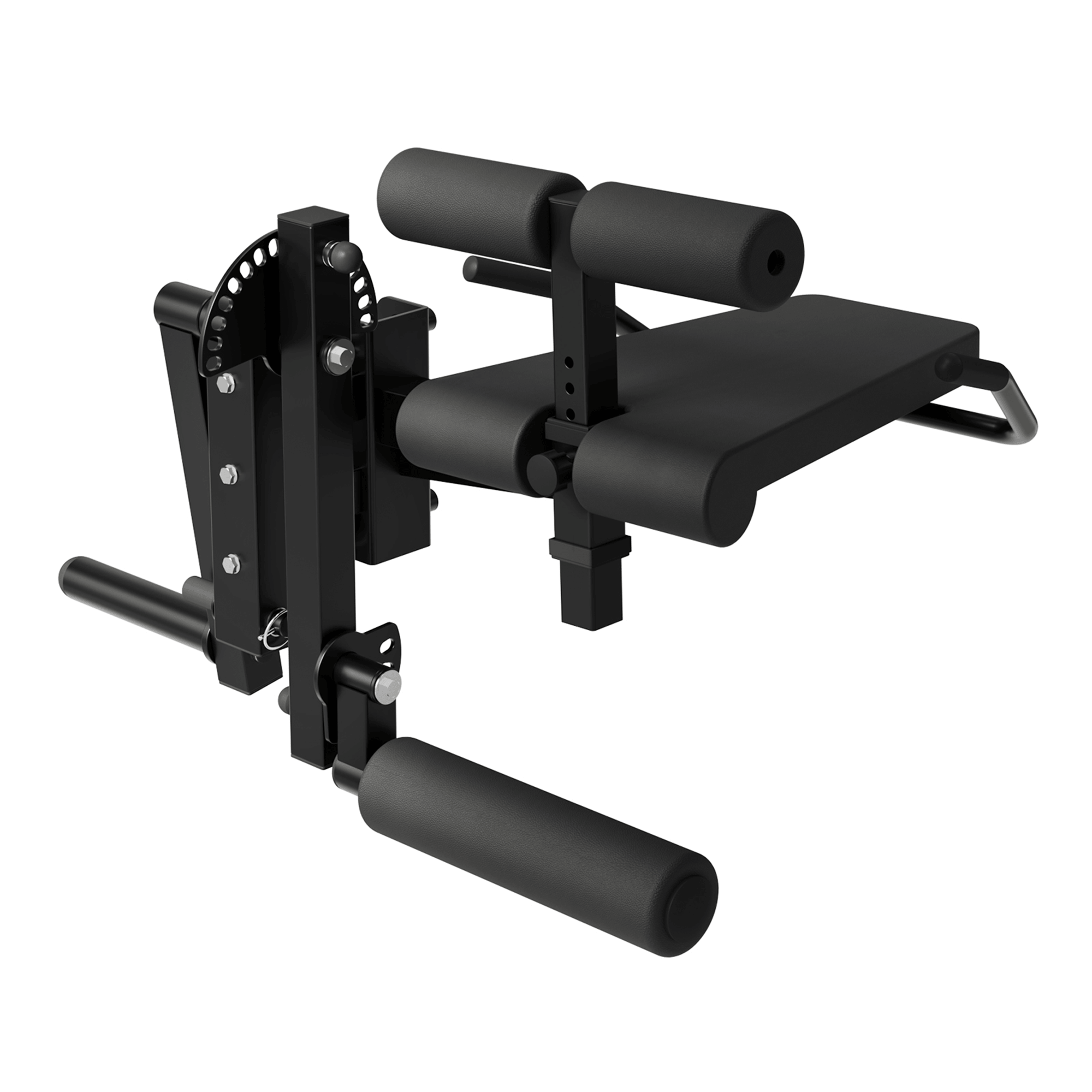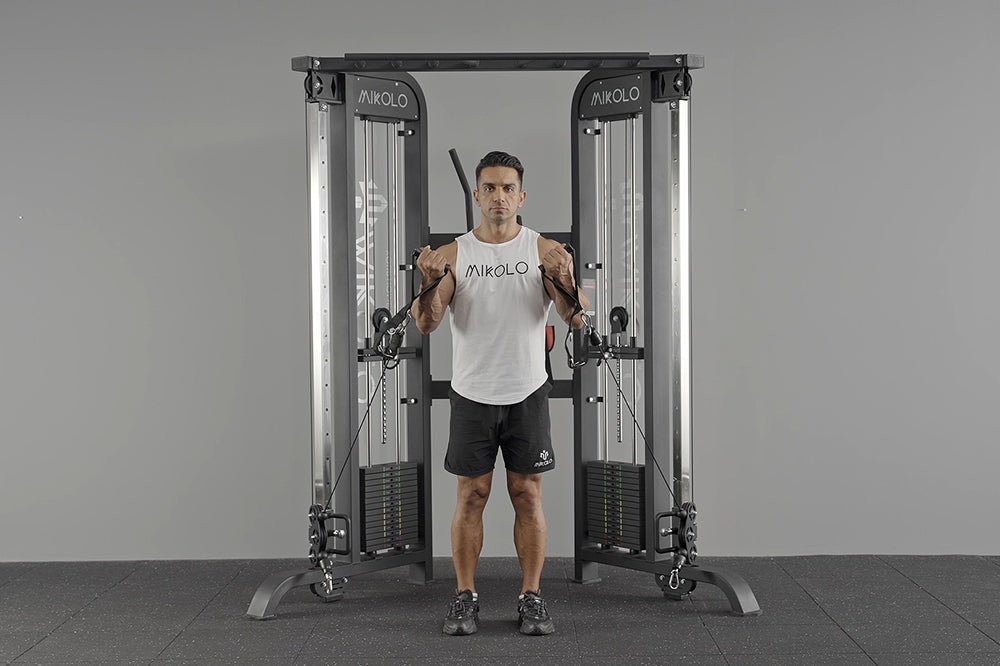When it comes to working out, timing isn’t everything—but it can make a real difference in how your body responds, how consistent you stay, and how enjoyable the routine feels. Whether you’re a student juggling a packed schedule, a night owl finding motivation after dinner, or an early riser chasing that morning pump, there’s no one-size-fits-all answer. But let’s break down the real differences between morning and evening workouts—and help you find what’s best for you.
Morning Workouts: A Strong Start to Your Day
Benefits:
-
Boosts energy and mood: A morning session fires up your endorphins, making you more alert and focused throughout the day.
-
Builds consistency: Fewer distractions early in the day mean you're more likely to stick to your plan.
-
Improved discipline: Training before your day starts often means fewer skipped workouts due to unexpected events or fatigue.
-
Better sleep: Morning workouts have been linked to deeper sleep at night.
Challenges:
-
Slower warm-up: Your body temperature is lower in the morning, so you might need more time to get loose.
-
Tougher on strength: You might not be as strong or explosive early in the day compared to later.
Evening Workouts: Power Through the End of the Day
Benefits:
-
Increased performance: Your strength, flexibility, and endurance often peak in the afternoon or early evening.
-
Stress relief: It’s a great way to decompress after a long day.
-
More fuel: You’ve eaten meals throughout the day, so energy levels are typically higher.
Challenges:
-
Crowded gyms: Evenings are prime time, especially from 5-8 PM.
-
Can affect sleep: Exercising too close to bedtime may interfere with your ability to fall asleep, especially if it’s intense.
What About Afternoon Workouts?
For some, especially those with flexible schedules or students with midday breaks, a lunchtime workout can offer the best of both worlds:
-
You're warmed up and fueled.
-
It breaks up a sedentary day.
-
It’s easier on your schedule than early morning or late night.
So, What’s the Best Time to Exercise?
Truthfully, the best time to work out is when you’ll do it consistently. For some, that’s a sunrise jog. For others, it’s a 6 PM strength session. Physiologically, your body adapts to whatever schedule you follow most consistently.
Personal Insight: Finding My Perfect Time
I’ve tried it all—5 AM bootcamps, 8 PM gym sessions, and even quick lunchtime runs. While I used to push myself to be a morning-only exerciser, I eventually realized my strength and performance soared in the early evening. Around 5:30 PM became my sweet spot—just after work, not too late, with enough energy from the day’s meals. Once I accepted that, my training became more enjoyable and more consistent.
Tips for Picking Your Time
-
If you’re a student or work full-time, mornings can be more reliable before your day gets hectic.
-
Night owls often benefit from evening sessions when their energy is highest.
-
If your goal is to sleep better, aim for morning or early evening sessions.
-
Whatever time you choose, make it part of your routine and stick to it.
Bottom Line
Morning or evening, gym or home, weights or cardio—it’s less about the clock and more about consistency. Choose the time that aligns with your lifestyle, goals, and natural rhythm. And once you find it, show up for yourself. The results will follow.










































Leave a comment
This site is protected by hCaptcha and the hCaptcha Privacy Policy and Terms of Service apply.